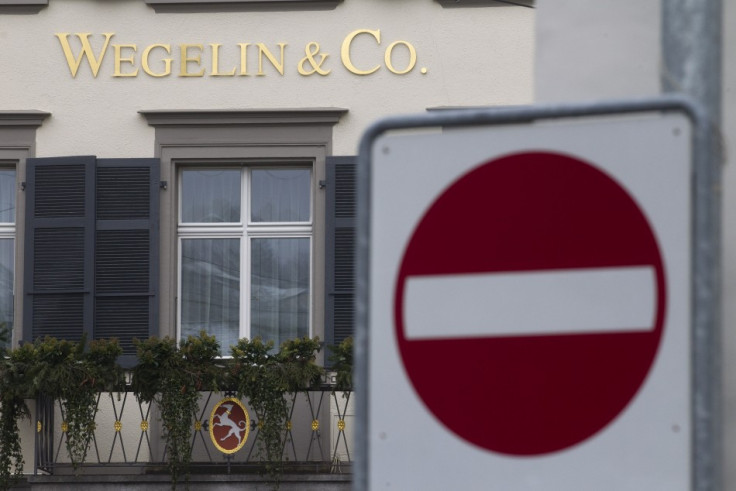Swiss Bank Wegelin Fined $58 Million in US Tax Evasion Case
Wegelin was charged with $16.3m fine in 2012

The oldest Swiss private bank Wegelin & Co has been asked to pay $58m (£38m, €44m) by a US court after the lender admitted to helping affluent Americans to evade tax.
Wegelin was accused of aiding wealthy American tax payers to hide $1.2bn in secret Swiss accounts.
The fine ordered by U.S. District Judge Jed Rakoff in New York adds to the $16.3m that authorities took from the lender last year, totalling to $74m recovery funds.
The bank had given up most of its assets during the investigation period and is planning to close, according to Reuters.
This is the first time that US authorities have charged an overseas bank and managed to obtain guilty plea and prosecution for tax evasion. The government had earlier managed to reach a tax settlement worth $780m with UBS. Other Swiss lenders including Credit Suisse and Julius Baer are still under investigation.
"Wegelin has now paid a steep price for aiding and abetting tax fraud that should be heeded by other banks, bankers, and advisers who engage in the same conduct," said Manhattan US Attorney Preet Bharara, in a statement.
At the hearing, Rakoff approved prosecutors' suggestion and forced a $22.05m fine and ordered $20m in compensation apart from ordering the finalisation of $15.8m in forfeitures.
Bloomberg reported that the bank's decision to plead guilty rather than fight the charges was commended by the judge. Wegelin earlier said it was under the impression that the strict Swiss banking laws and the absence of US offices would protect the bank from legal proceedings in the country.
In a statement, the company said that it was pleased with the court decision.
Rakoff also mentioned that there was a "funny tension" between US authorities' choice to not ask for the maximum $40m payment and its claim Wegelin operated with "extreme wilfulness." Even including the $16.3m recovered in 2012, the lender will be paying just 12 percent of the 560m Swiss francs it made after it sold most of its assets to regional Swiss bank Raiffeisen, he said.
© Copyright IBTimes 2025. All rights reserved.





















